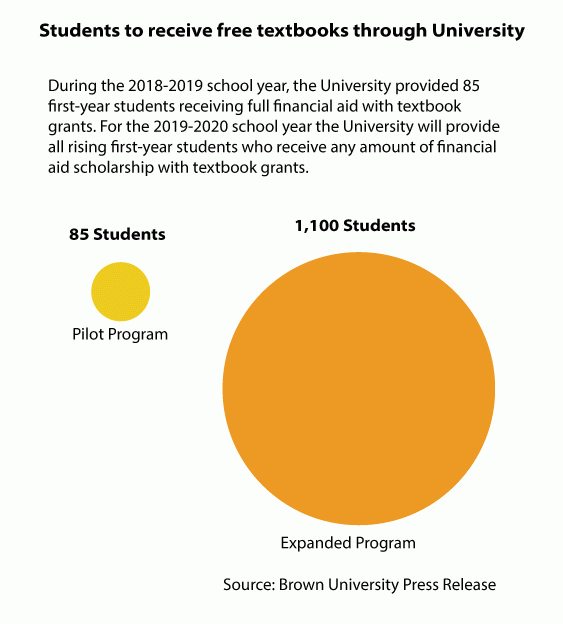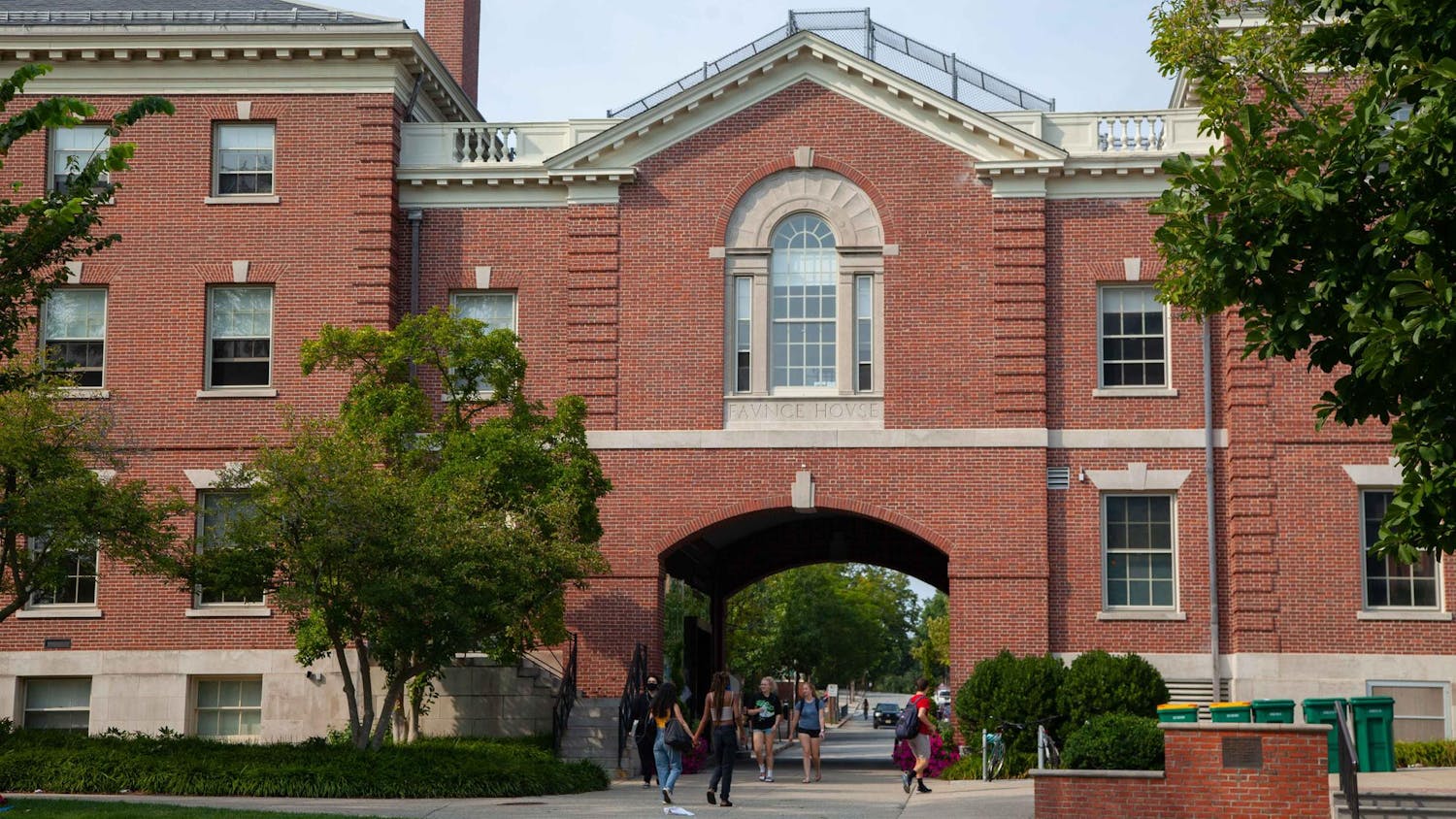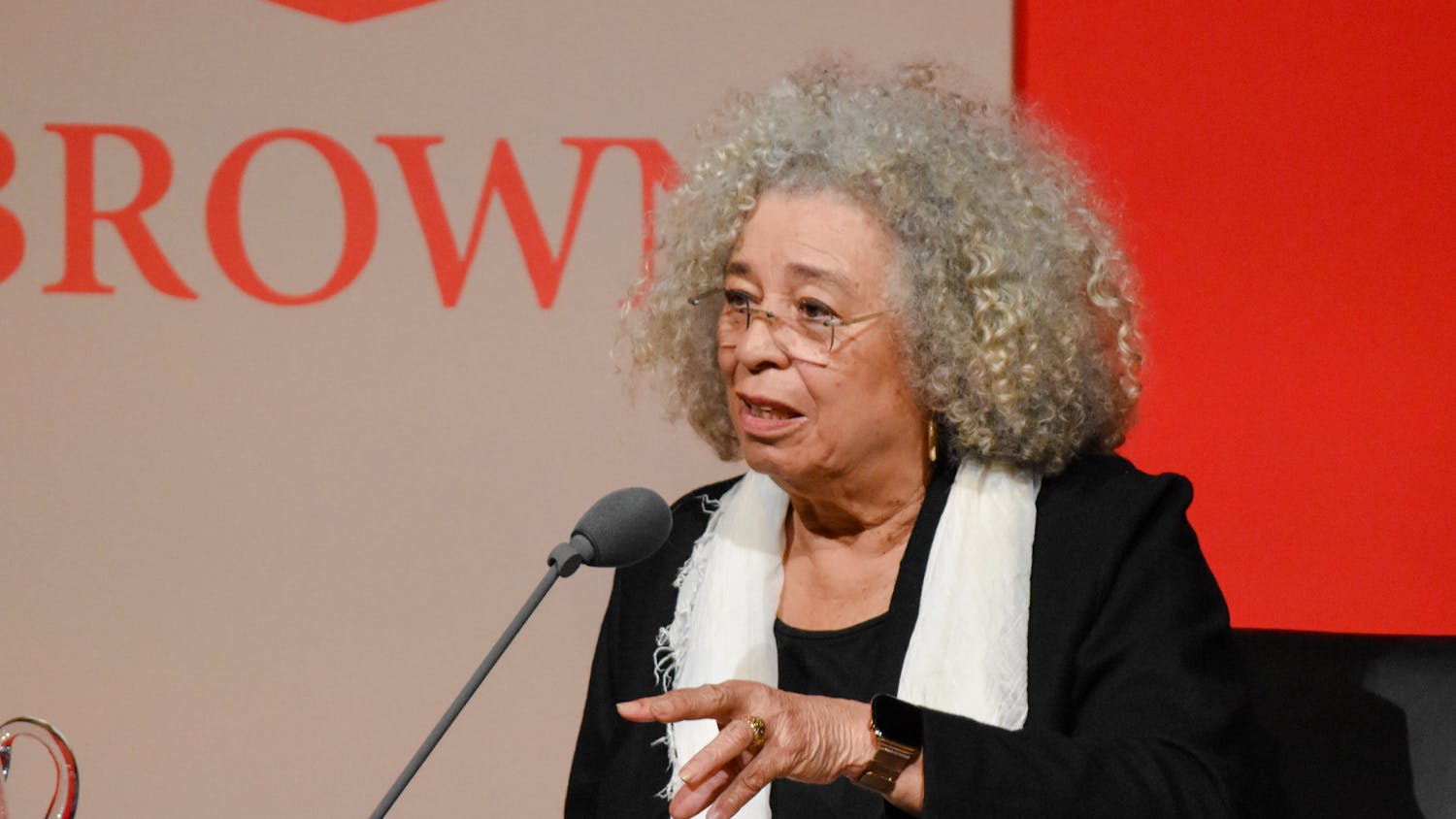Beginning next year, the University will offer textbook grants to first-year students receiving scholarship funds and all other students with a $0 parent contribution, according to Dean of the College Rashid Zia.
The official implementation of the program follows a year-long pilot this academic year, which offered textbook grants to 85 first-year students with the highest demonstrated financial need.
Participating students reacted enthusiastically to the pilot program, Zia said. “Students reported being able to get all of their course materials in a timely fashion. They also reported that having their textbooks in this fashion helped to support their academic success as well as their personal and emotional wellbeing.”
Next year, the textbook grants will be expanded to cover expenses for approximately 1,100 students, excluding Resumed Undergraduate Education students and independent U.S. military veterans who “receive funding from outside sources,” according to a letter Zia sent to participants in the pilot and those likely to be included in the official program next year.
The choice to offer grants to any first-year receiving scholarship funds was made after careful consideration of the program’s priorities going forward. “What we’re trying to do is find the best way to implement (the program) and ensure that (the grants) are supporting student academic engagement and that we’re delivering (the grants) at a very high quality,” Zia said. “It seemed to us natural” to expand the program to all first-years who receive scholarship funds as they “will be trying to figure out how to get their textbooks for the first time,” he added.
It also seemed natural to expand the program to all students with the highest demonstrated financial need, he said.
Aquielle Person ’22 said that she became aware of the program and her eligibility for it prior to matriculating at the University, and said that paying for textbooks would have been much more difficult had she not received the grants in her first semester. “I might have had to go a week or a few weeks in before enough money could be generated to buy each book,” Person said, adding that without the money she might not have taken certain classes due to the prohibitive cost of the textbooks.
Person was given a separate card from her Brown ID card pre-loaded with $650, which she could use at the Brown Bookstore. Zia noted that, as of the next academic year, the funds will be made available on a student’s Brown ID rather than on a separate card.
The textbook program has “allowed me to take classes that I really want to take, and it’s allowed me to do things that I think help me be a better learner,” Person said. For example, she prefers to write and highlight in her textbooks as a method of studying and she is able to do so because the grants from the program allow her to buy rather than rent her books.
Thien Nguyen ’22 said that had it not been for the program, he would not have been able to pay for his textbooks last semester. “Every student should have access to textbooks that will allow them to succeed in classes,” Nguyen said. Like Person, Nguyen also bought his textbooks rather than renting them.
Both Person and Nguyen said that they were directly contacted by Assistant Dean for Financial Advising Vernicia Elie who informed them of their eligibility for the program and offered them details regarding their participation.
The working group which examined the pilot program will continue to survey participants next year to ensure that students are successfully obtaining their necessary textbooks with the grant money, Zia said. The group will also continue to address case-specific concerns as the program progresses, such as students who may need funds to cover other course materials aside from textbooks.
Person emphasized that she would like to see grant programs of this sort devoted to other costly aspects of student life at the University such as travel, adding that the cost of transportation prevented many of her peers from traveling home for Thanksgiving.
“The financial aid working group considers all factors that might affect student academic engagement and student life,” Zia said. “The key to the group is to figure out what changes would be most impactful, and how can we run pilots like this that help us to identify programs that work and to build upon them,” pointing to concerns surrounding food security on campus, for example.





